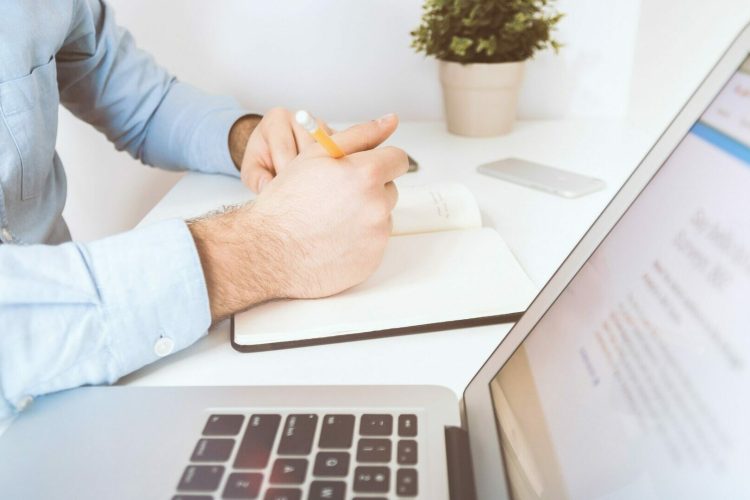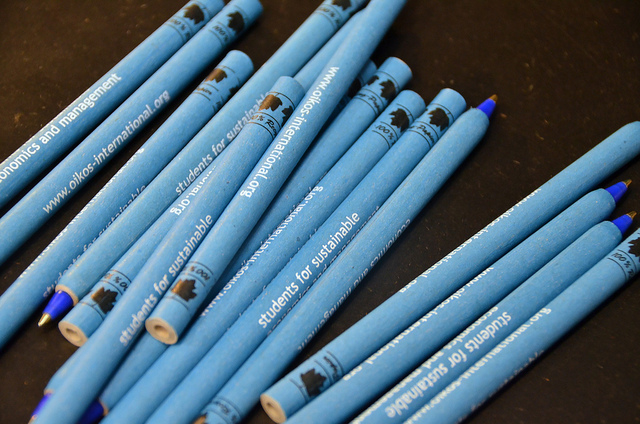We are looking for potential advisors who would support our team with giving advice and training in Fundraising to amplify the impact our programs have on student leaders and...
Abstract Barry Callebaut, a Zurich-based chocolate and cocoa manufacturer founded by Klaus Johann Jacobs in 1996, was the world’s leading manufacturer of high-quality chocolate and cocoa products. It was...
Abstract In early 2016, the largest state-owned Oil Company in the world, Saudi Arabia-based Saudi Aramco (Aramco), declared a proposal to float an IPO. The crown prince of Saudi...
Abstract This case describes the deliberations of a financial regulation policymaker at the Dutch Central Bank, Johanna Baks. She is asked by the central bank’s Board to recommend regulations...
As part of oikos Green Week 2018, join our exciting lecture in collaboration with Voluntas and EY! Hear about the two different companies take on sustainability and learn about...
Abstract In 2016, one of the largest renewable energy companies in the world, US-based SunEdison Inc., filed for bankruptcy when it couldn’t service the debt it had raised to...
Abstract This case, developed primarily from secondary sources, describes the founding of Chipotle Mexican Grill (Chipotle, hereafter) in 1993 by Steve Ells and its rapid ascent to popularity as...
Abstract The dislocation of millions of people in various conflict zones of the Middle East and Africa is one of the greatest humanitarian catastrophes of our time. Given the...
We are proud to announce the winners of this year’s oikos Case Writing Competition 2017. Outstanding case submissions competed for prizes this year. In the Sustainable Finance track the...
Digitalization – the increased use of information and communication technologies (ICT) – is affecting all areas of our lives. Rapid progress in the development of hardware and software is...




